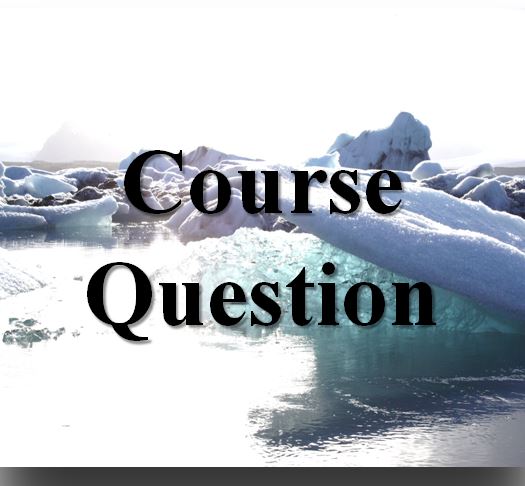Uncertainty plays a different role in each of the various arenas related to the debates surrounding the 2-degree-Celsius target. Within scientific fields, the concept of uncertainty is considered well-constrained because scientists are typically concerned with measurements or models of systems where uncertainty arises from unquantifiable information; such as the accuracy limitations of a method of measurement or the influence of chaos and unpredictability on models of future scenarios. Largely, measurements can be improved where more knowledge is obtained, an example would be the transition from centimetre scaled rulers which children are initially taught how to use in schools to the topographic measurement devices used by engineers for constructing bridges or building foundations which can produce measurement accuracies on millimetre scales over kilometres. Therefore, uncertainty can be viewed objectively where the confidence in a measurement or projection increases as uncertainty is decreased through increased knowledge of the system.
However, in social arenas such as politics or the media, uncertainty is a significantly more subjective term with largely negative connotations when used in common parlance despite having the same definition. This is largely related to economic or social components of society. A familiar scenario to most individuals would be ability to provide nourishment, if an individual has a value of capital and knows that tomorrow they will receive additional capital they will be more inclined to be frivolous with the value they currently possess but if they do not know when they will receive further capital, the individual will be more frugal and make the current capital last for as long a period as possible until it is known when and what value of future capital will be received. Politicians specifically have to consider aspects such as sources of funding for campaigns or what a voter’s decision will be on polling day. Such aspects can be described as uncertainty since they arise from insufficient knowledge. Throughout history and nature, resource security increases with decreasing uncertainty and therefore uncertainty is viewed negatively.
Often, uncertainty is used as a tool by politicians and within the media to influence public opinion. A notable example was the effort by the tobacco industry during the late 20th century to maintain the public impression that scientists were uncertain of the damage to an individual’s health from smoking to maintain the economic security within the industry. A more recent example is the encouragement of public uncertainty regarding immigration by nationalist political groups to gain increasing influence and political security.
These analogues can be used to better understand the role of uncertainty in the debate about the 2-degree-Celsius target where some political groups emphasise the use of the term “uncertainty” by scientists to garner public support in order to maintain security of their political positions and, in some cases, also maintain the security of funding sources from groups who benefit from the sale of products which contribute towards climate change (e.g. cars, fossil fuels, etc.). The media also contributes to this public perspective that scientists are “uncertain” of their findings whether these are deliberate efforts by groups to conflate scientific uncertainty with reduced security or by repeating terminology/ jargon that they do not always fully understand. In some situations, this results from political alignments of such groups or the pressure on journalists to produce conflict to make sales (and maintain economic security) is not always clear. Finally, there are the scientists who seek to present their findings in such a manner as to avoid accusations of concealing evidence or misrepresenting data (such accusations were commonly produced by the tobacco industry in the late 20th century) by describing uncertainty within their models and measurements.
Currently, the role played by uncertainties within the 2-degree-Celsius target debate appears to be dominated by the subjective public perspective that uncertainty is equivalent to reduced situational security. This leads to the additional question, should scientists leave out uncertainties when informing policymakers and the public about their conclusions or invest more time and effort to ensure that their findings are not misused by political and media groups to influence public opinion?

